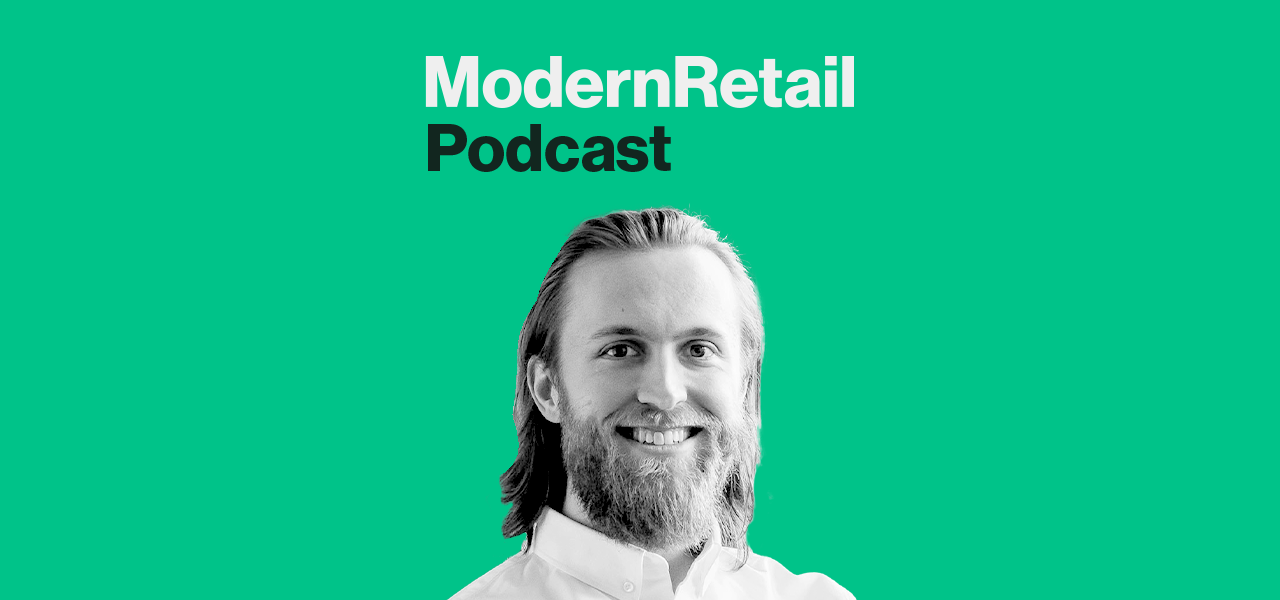‘Most products out there don’t need to be subscription’: Cloud Paper’s Ryan Fritsch on the state of subscription businesses

Subscribe: Apple Podcasts • Spotify
Cloud Paper is trying to get more people — and businesses — to try its products.
The company makes bamboo-based tree-free toilet paper. When it first launched in 2019, co-founder Ryan Fritsch said the goal was to grow via business-to-business partnerships by selling to businesses like corporate offices and hotels. Its first major account was a Seattle WeWork. But then the pandemic hit, and office buildings shut down. As a result, Cloud Paper had to pivot its business to be consumer-facing.
Two years later and the company is continuing to see year-over-year growth. But it’s no longer a business focused solely on supplying toilet paper to other businesses. “Consumer sales are still driving the majority of our sales today,” Fritsch said on the Modern Retail Podcast.
The idea behind Cloud Paper was to make an environmentally conscious toilet paper. “Toilet paper hasn’t changed much for many, many decades — and it hasn’t changed much, especially in terms of sustainability,” said Fritsch. “It’s very much lagging behind other household goods.” With this in mind, the company decided to use bamboo as its source since the plant is both abundant and renewable.
In addition, Cloud Paper decided that its consumer-facing business needed to be subscription-only when it first hit the market as a way to rope in repeat shoppers. The bet seems to be working out, even after the coronavirus-induced toilet paper mad dash. The company recorded a huge sales bump in 2020, but didn’t see much churn after inventory leveled out. “We actually didn’t see much change at all kind of once things got back to ‘normal,'” Fritsch said.
But even though the subscription business is healthy, Fritsch is dubious of it as a one-size-fits-all model. He’s seen many subscription companies come and go — and it’s usually because the product didn’t fit with the business plan. “Everyone wants to launch a subscription box or a product on subscription,” he said. “But it was our idea early on that most products out there don’t need to be subscription.”
Ad position: web_incontent_pos1
Luckily for him, toilet paper does seem to be working — at least for now.
Here are a few highlights from the conversation, which have been lightly edited for clarity.
On using corporate customers as acquisition channels
“Our first customer was actually a WeWork. It was the WeWork that we were working out of at the time. I think this was a few months after they announced their no meat policy; WeWork was taking these dramatic steps at the time to really be at the forefront of driving change. And so they were very interested in piloting tree-free paper in their facilities. And they wanted to talk about it — so what they said is can you put together a four-inch by four-inch placard for the bathroom stalls, where your products are, that say ‘Hey, WeWork has gone tree-free, here’s why it’s important.’ And so that was the start of commercial facilities being like an acquisition channel.”
How Cloud Paper handles increased demand
“We’ve upgraded our warehouse for sure — a couple of times. And we just keep needing more and more space. Part of this maybe was a little bit of the shock of the Covid craze around TP. So we always wanted to have plenty of inventory, and would need more space for that. And then, we still are focusing a lot on our B-to-B channel. And we want to make sure that we have the infrastructure in place to support enterprise-level B-to-B clients. They come on, they’re excited about it, they want to move quickly. We don’t want to give them a 12-week delay or hold things up. We want to be, essentially, ready to go. And so we’ve made those investments upfront so that we can move quickly.”
Why subscription isn’t ideal for most businesses
“For the vast majority of our life as a DTC company, subscription was your only option — because we really wanted to test out this idea. I think everyone, of course, would love for their products to be on subscription — everyone wants to launch a subscription box or a product on subscription. But it was our idea early on that most products out there don’t need to be subscription. A lot of brands are trying to force it. What we thought was: [toilet paper] is very much a routine product, it’s a daily essential product. And it’s one that if you don’t have to think about. Most people would choose to not think about it if given the option. And it just kind of shows up right on time, not to worry about it. So we really wanted to test that idea out.”

